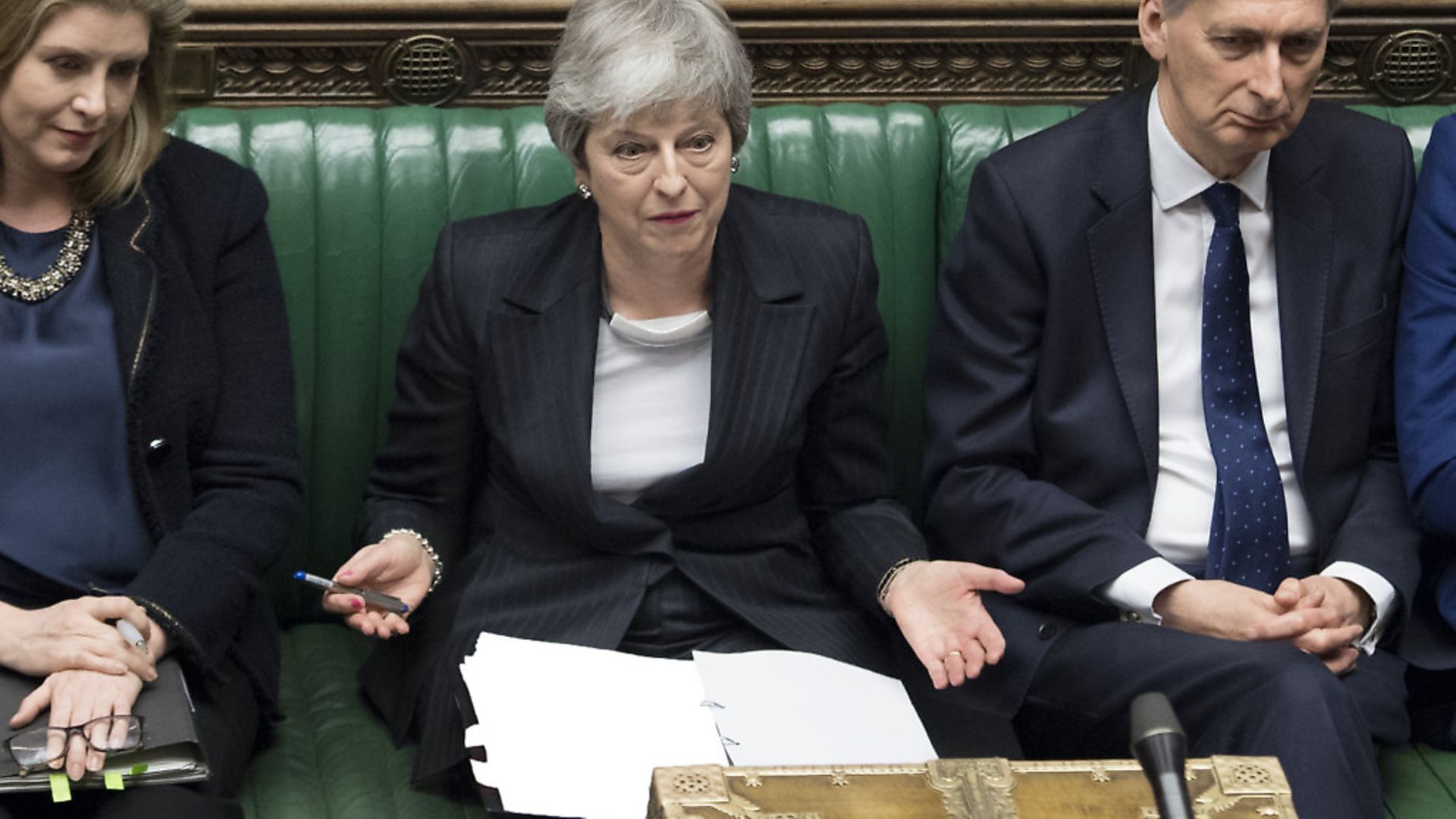
MPs will debate an amendable government motion on the Brexit deal on Monday evening, where they will have the chance to put their favoured outcomes to a vote.
The motion simply states that the House has considered a written statement delivered by the prime minister following the second defeat of her Brexit plan in a meaningful vote earlier this month.
But crucially, it is amendable, allowing MPs an opportunity to seek support for their preferred options for the next steps forward.
It is likely that not all amendments will be selected for debate by Commons speaker John Bercow, and some of those selected may not be pushed to a vote. Amendments approved by the Commons are not binding on the government.
The amendments are:
Labour
Tabled by leader Jeremy Corbyn with the backing of his top team, calls on the Government to provide parliamentary time to debate a range of Brexit options, including Labour’s own plan, the Common Market 2.0 proposals, a customs union and a second referendum.
Liberal Democrats
Tabled by Lib Dem Brexit spokesman Tom Brake and backed by members of Sir Vince Cable’s party and The Independent Group of MPs, this would require the government to seek a further extension to the Article 50 negotiating period to hold a referendum on May’s deal versus Remain.
Indicative votes
A cross-party amendment put forward by Sir Oliver Letwin, Dominic Grieve and Hilary Benn and signed by 109 MPs from all parties, this would allow parliament to seize control of the agenda in the House of Commons on Wednesday to hold a series of indicative votes to establish whether there is a majority for any Brexit outcome.
Honour the referendum
Tabled by Colchester MP Will Quince and backed by 81 MPs drawn largely from the Leave wing of the Conservative Party and the DUP – but also including Labour’s Graham Stringer, Kate Hoey, Gareth Snell and Ronnie Campbell – this amendment states that Parliament gave the decision on EU membership to the British people in the 2016 referendum and that its result should be honoured.
Stop no-deal
A cross-party amendment. put forward by Labour’s Yvette Cooper, instructs the government, if May’s Brexit plan is not approved by March 28, to set out by the end of that day its proposals for ensuring the UK does not leave the EU without a deal.
Second referendum
Put forward by Anna Soubry with the support of members of The Independent Group and Liberal Democrats, this amendment would require an immediate referendum asking voters to choose between a version of Brexit chosen by parliament or remaining in the EU.
Parliamentary approval for no-deal
Tabled by Labour former foreign secretary Dame Margaret Beckett, this would require parliament to be given an opportunity in the week before a mooted no-deal Brexit to vote on whether the Government should go ahead and take the UK out of the EU or seek a further extension to negotiations. It would also require parliament to be recalled if a no-deal Brexit is set to occur during recess.









